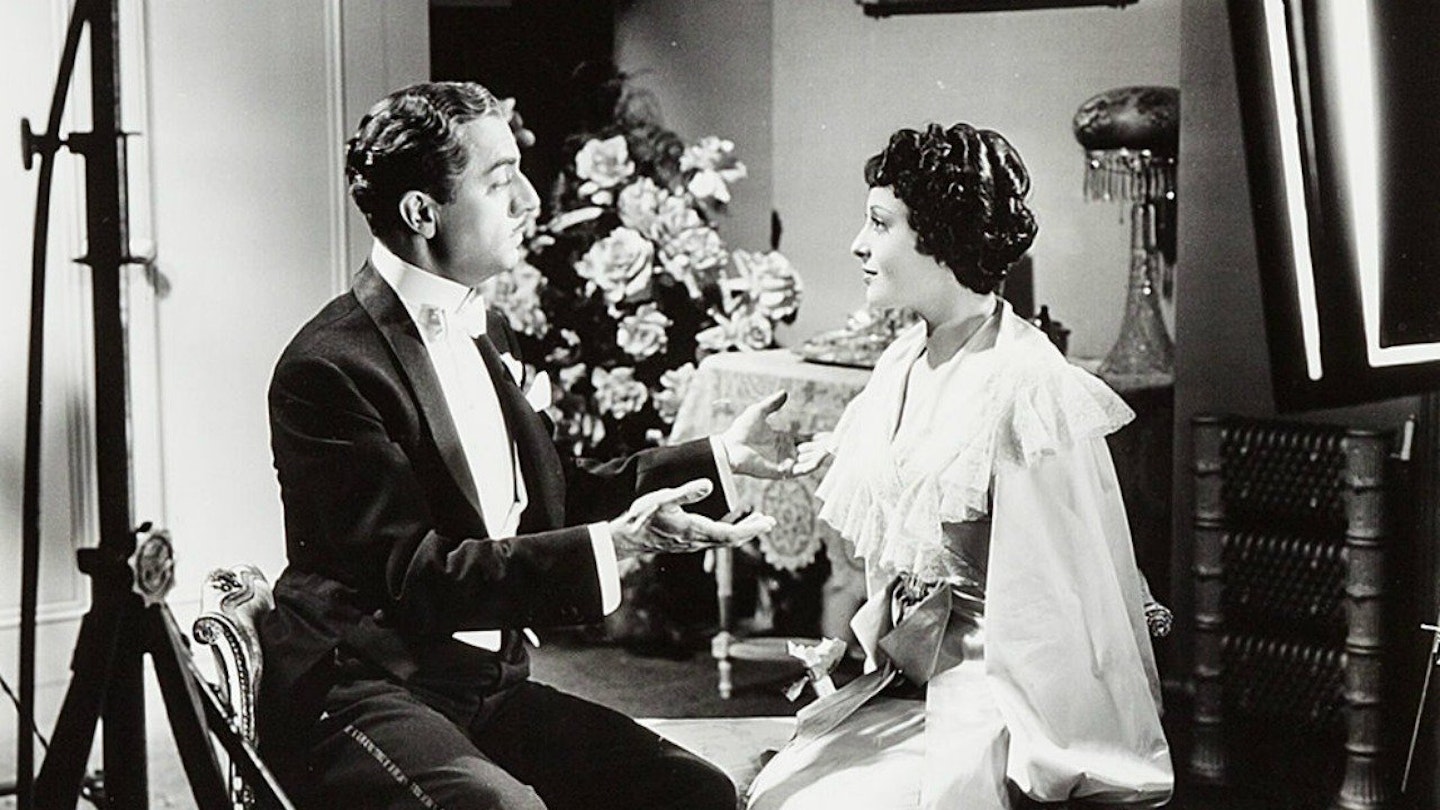Known as The Great Glorifier for the lavish annual revues, dubbed the Ziegfeld Follies, which showcased the charms of the American Girl, Broadway impresario Florenz Ziegfeld died before he could make an impact in Hollywood.
Yet, within a year of his passing in 1932, William Anthony McGuire had pitched a biopic that Universal had been forced to reject on the grounds of cost. However, MGM, which was keen to claw back some of the ground lost to Warners and RKO (respectively home to Busby Berkeley and Fred Astaire and Ginger Rogers) in the early years of the movie musical, willingly stumped up a $2 million budget (its largest to date) and invested $250,000 of it on a single number, Irving Berlin's `A Pretty Girl Is Like a Melody', which had become the Follies' theme tune.
The MGM publicity machine insisted that Ziegfeld's widow, Billie Burke, had personally sanctioned the casting of William Powell as her husband and was thrilled by the fact that she was to be played by Myrna Loy. However, neither Powell nor Loy resembled their characters and made little attempt to duplicate their mannerisms, as they traded on the appeal of a recurrent teaming that had been formalised in the Thin Man mysteries. Consequently, the acting laurels went to Luise Rainer, the Austrian making her US debut as Anna Held, whose display of choked misery as Powell phones to inform her of his impending nuptials secured her the Academy Award for Best Actress.
Director Robert Z. Leonard failed to prevent the narrative from dragging in places, but Seymour Felix's Oscar-winning choreography admirably captured the extravagance of Ziegfeld's stage spectacles and it's only a shame that Marilyn Miller priced herself out of a guest slot alongside such Follies alumni as Fanny Brice, Ray Bolger, Leon Errol and Ann Pennington.
